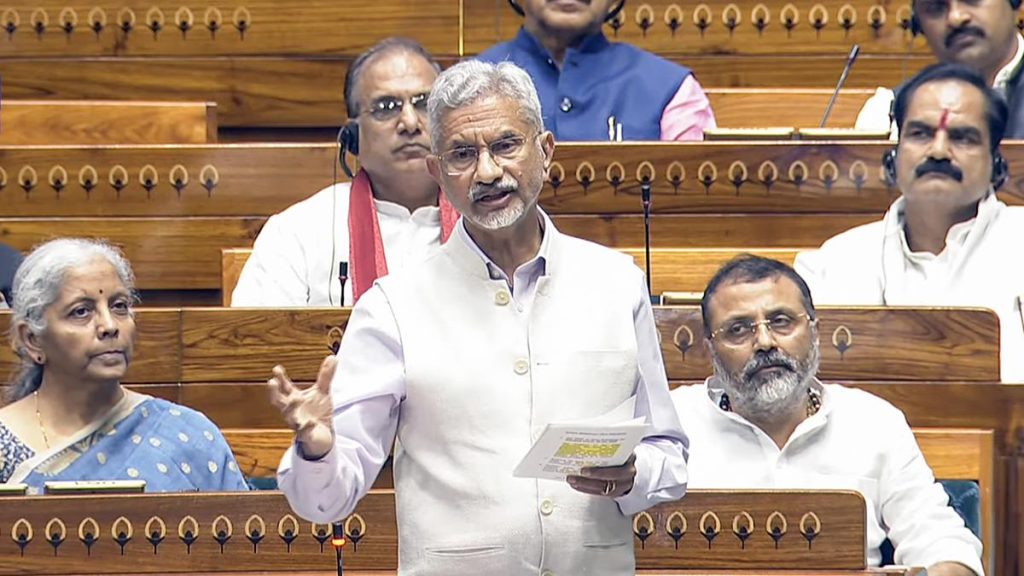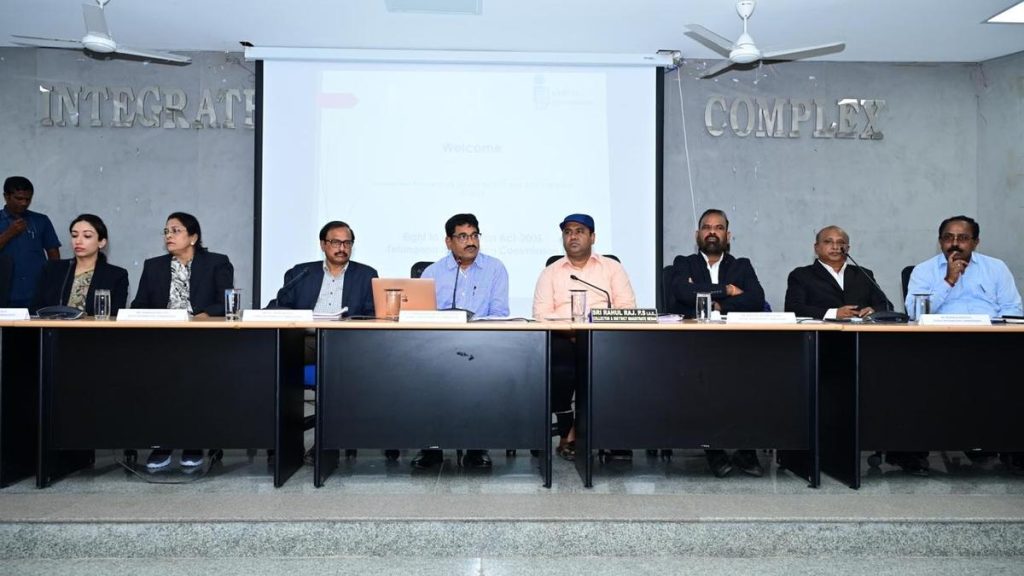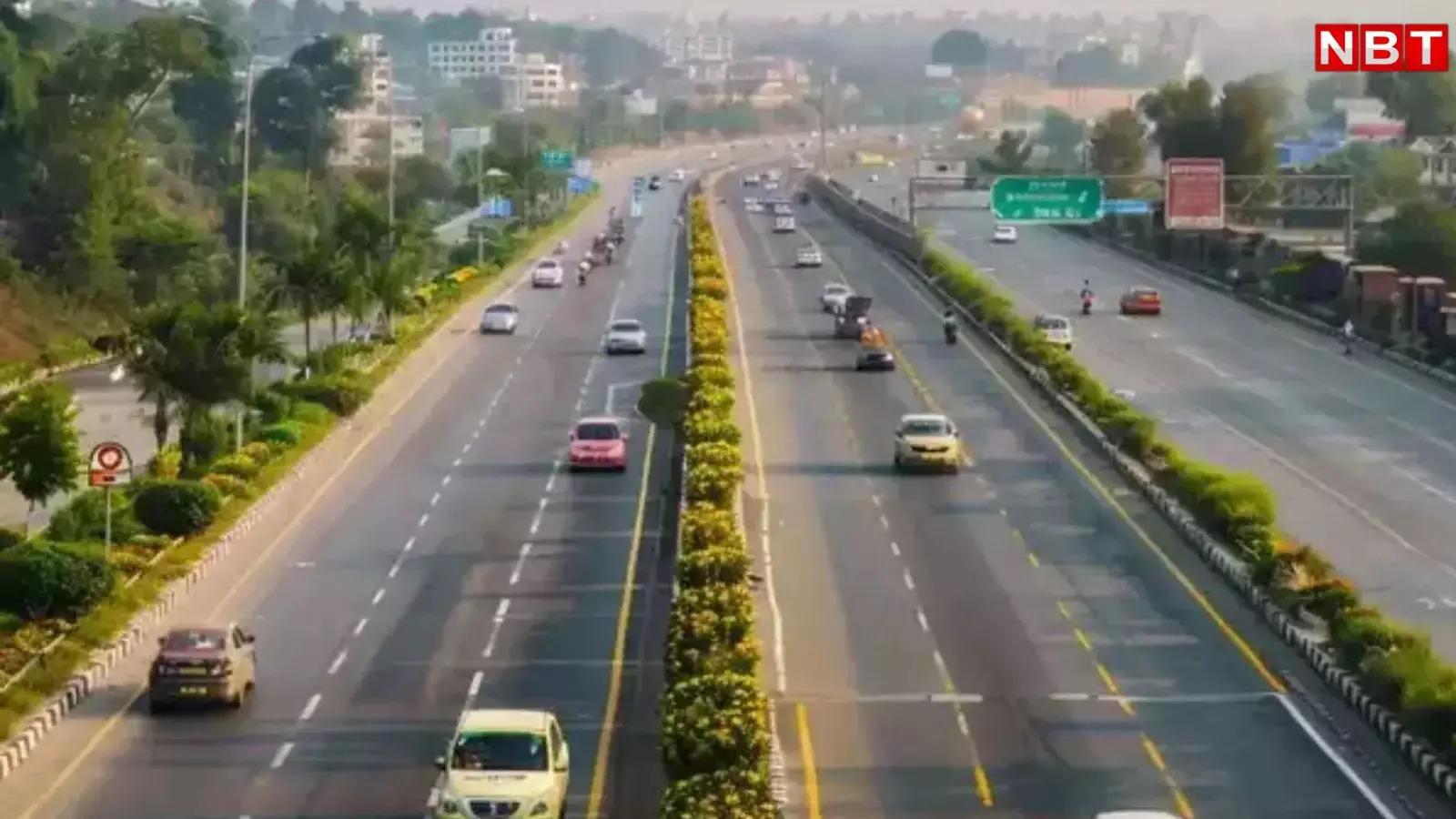Now Reading: 50 Years After ‘Towards Equality’: Why Are Public Spaces Still Unsafe for Indian Women?
-
01
50 Years After ‘Towards Equality’: Why Are Public Spaces Still Unsafe for Indian Women?
50 Years After ‘Towards Equality’: Why Are Public Spaces Still Unsafe for Indian Women?

Quick Summary
- Past Context: The “towards Equality” report (1974) highlighted structural barriers in Indian women’s participation in public life caused by patriarchal norms, institutional biases, and economic constraints.Despite legislative progress since then, gender disparities persist.
- Gendered Public Spaces: Women’s presence in public spaces is often conditional and policed through societal scrutiny. Fear of harassment or violence limits their access to these spaces compared to men.
- Crime Data: NCRB (2022) reported 4.45 lakh crimes against women, reflecting a 4% rise from 2021 figures. Surveys reveal significant underreporting and widespread fear among women about safety in urban areas.
- Global Rankings: India ranks poorly on the global stage for gender equality-128th out of 177 countries in Georgetown Institute’s index-and seventh globally for political violence against women.
- Socio-Economic Impact: Fear of crime reduces workforce participation among women, with district-level data showing a 6.3 percentage-point drop per additional crime per thousand women.
- Cultural Dimensions: victim-blaming narratives reinforce patriarchal control over public spaces; systemic change is needed to reclaim them as inclusive environments.
Indian Opinion Analysis
The persistent issues around women’s safety fifty years after the “Towards Equality” report underscore the deeply entrenched cultural and systemic challenges facing gender equity efforts in India. While data highlights incremental increases in reported crimes and fear psychosis among women navigating urban areas, this reflects broader socio-cultural dynamics that restrict agency beyond legislation alone.India faces multifaceted implications-economic loss due to reduced workforce participation by women and diminished political depiction reflect how exclusion radiates across sectors. Solutions such as improved urban planning tailored to safety concerns are necessary but insufficient absent transformative shifts challenging moral policing and victim-shaming norms.
Importantly, fostering accountability alongside proactive empowerment initiatives like loitering movements sends a clear message: reclaiming public space isn’t solely about infrastructure but dismantling psychological barriers perpetuated by patriarchy itself.
Image Used
!Fifty years of ‘Towards Equality’: Why Indian women still fear public spaces?
























